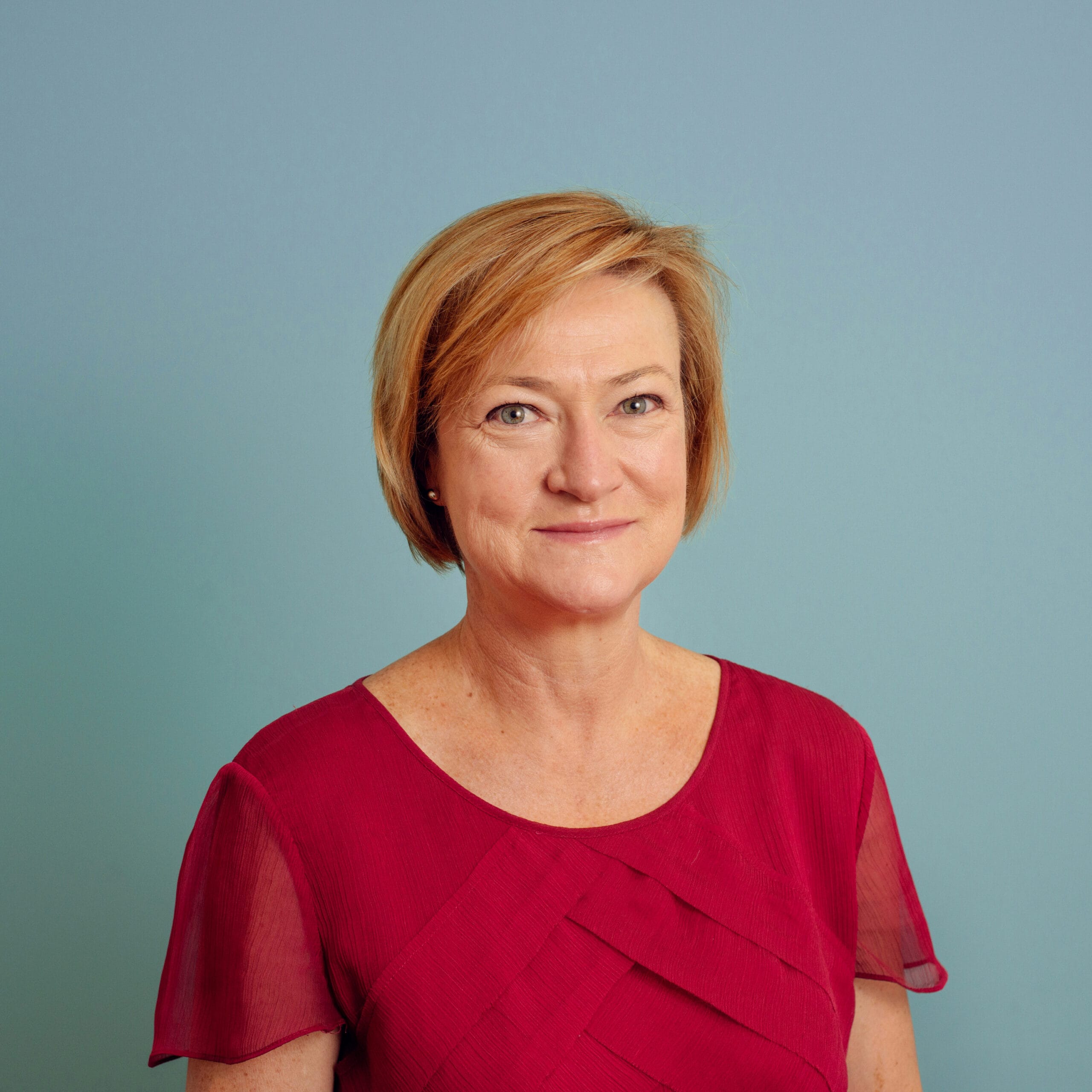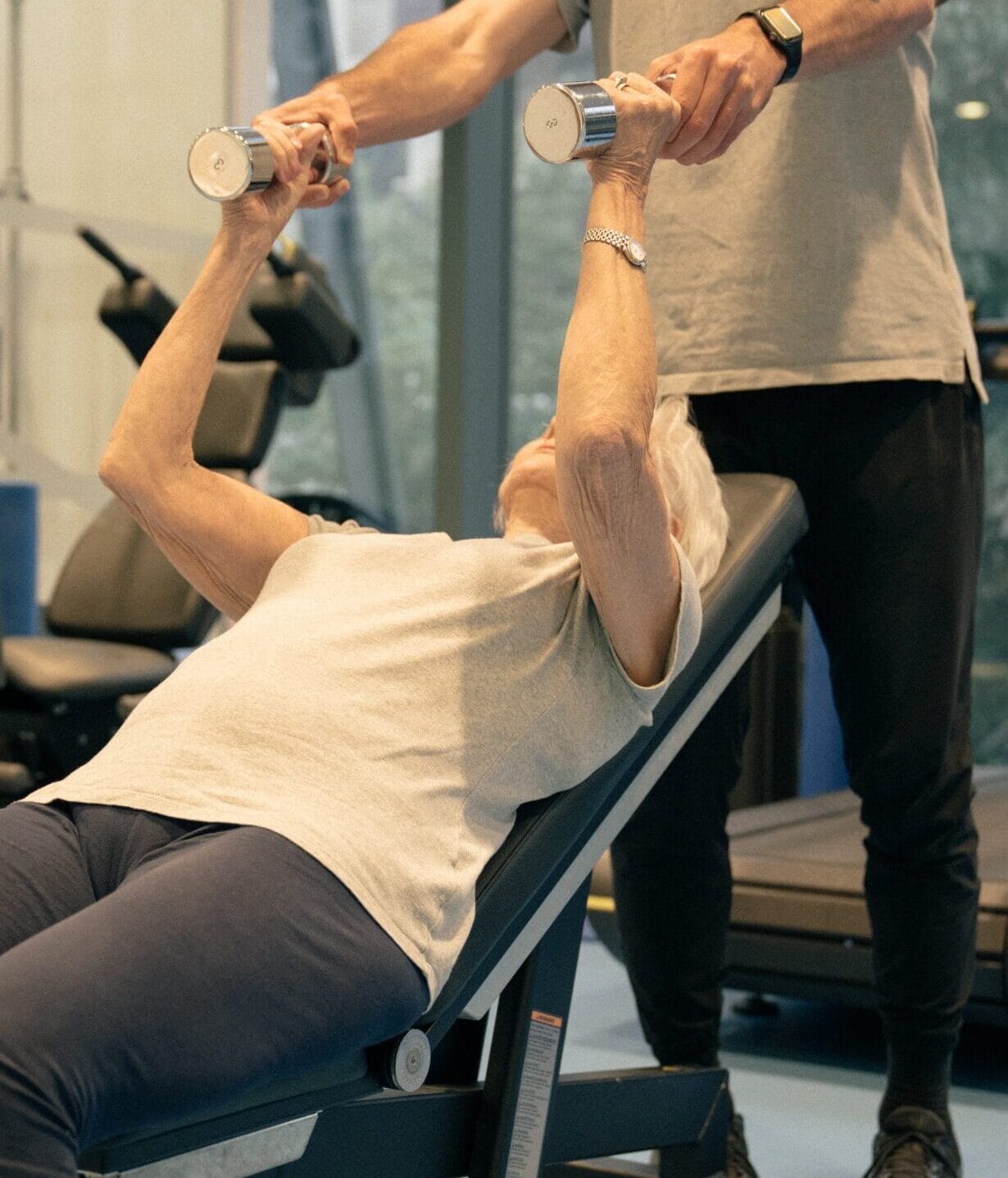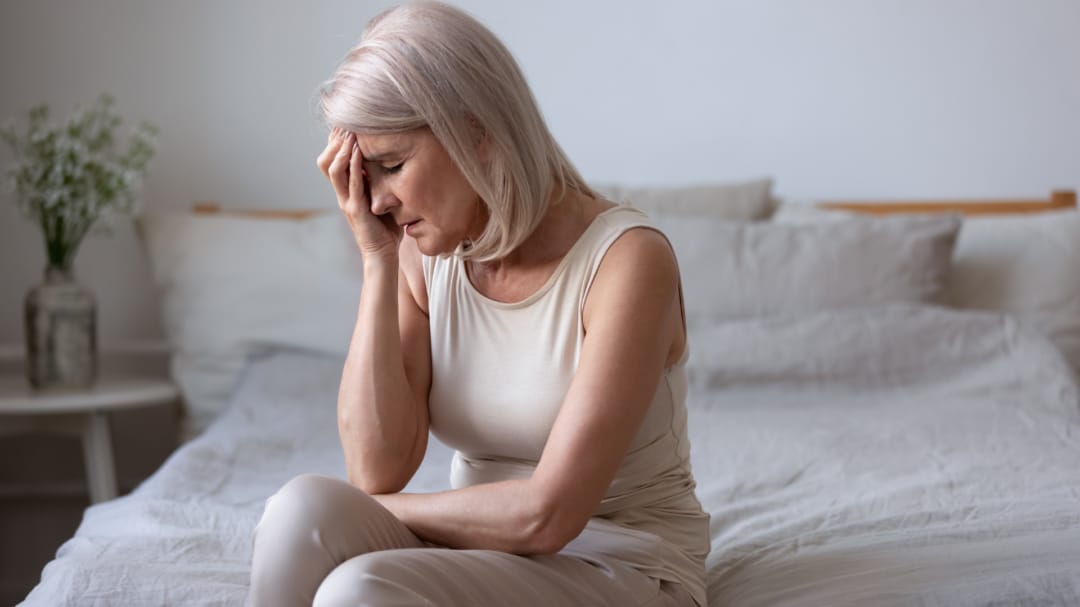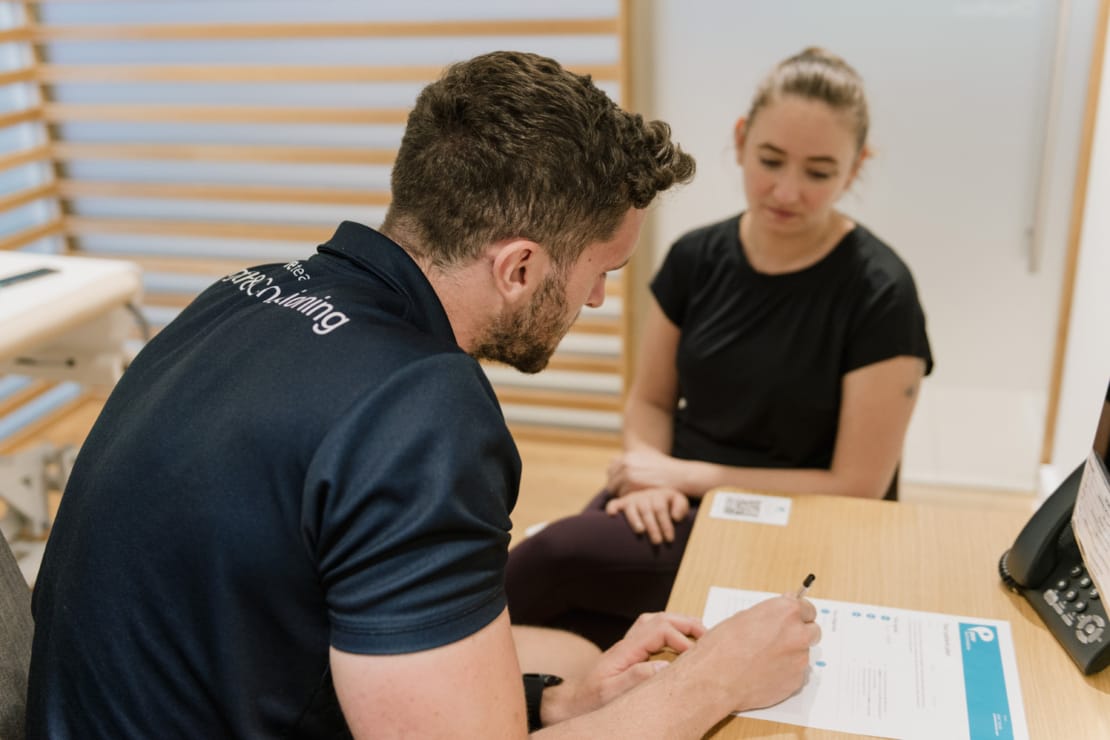Claire Small Says Exercise Your Mind

Claire Small
Chief Clinical Officer & Consultant Physiotherapist
- 21 September, 2018
- Exercise
- 3 min read
During the winter months the temptation is to hunker down, surround ourselves with woolly jumpers, blankets and binge on box sets until March.

he weather in winter can create a perfect storm for some people, with a lack of sunshine and a lack of enthusiasm for exercise in the cold and wet, having a significant impact on their mental health and wellbeing.
I have often referred to exercise as “The Wonder Drug”. When we think of the effects of exercise, we usually think of our physical health – it’s ability to reduce blood pressure, cholesterol and diabetes risk factors, to name a few. We rarely think of the ability of exercise to help our mental health, but there is a significant body of scientific literature that demonstrates it’s effectiveness in this area.
One study compared the effects of exercise with the effects of antidepressant medication in people with mild to moderate depression and showed similar improvements in mood between the two groups.
The medication group demonstrated more rapid changes in their mood, but the exercise group had longer lasting effects, suggesting that, at the very least, the two treatments should be used in combination.
For those people who are not keen on taking medication, these results show that exercise is as effective, and people should be encouraged to use this as a valid form of treatment.
Studies have also shown a link between exercise and improvements in self confidence. The strongest evidence for this has been demonstrated in children and adolescents.
In recent years, we are seeing an increase in the number of reported cases of mental health conditions in children and teenagers. Understandably, many children and their parents are reluctant to use medication to help with these conditions. Encouraging participation in sport and exercise, ensuring it is something the child engages with and enjoys, can be a useful strategy to improve mental health.
It may seem contradictory, but exercise can also reduce feelings of fatigue. Previous advice for patients with chronic fatigue syndrome and patients with cancer who often experience fatigue as a side effect of treatment, was to rest and relax.
This evidence has changed in light of recent research that demonstrates significant reductions in fatigue levels with moderate levels of exercise. In patients with cancer, exercise was also shown to reduce levels of depression and anxiety as well as alter hormone levels which are thought to result in an improved prognosis.
Of course, the difficulty if you have low mood or fatigue is that your motivation to exercise is often limited. The good news is that the level of exercise required to have an effect on our mental health is not extreme.
150 minutes a week of exercise at a moderate intensity is what is recommended. This translates as 30min of walking, 5 times a week, at about 5-6km an hour – the type of speed you would walk at if you were taking the dog out or walking to work at a brisk pace.
Ideally for our mood, we would exercise outside in the sunlight, but if this isn’t possible, 30min on a exercise bike, treadmill or cross trainer works just as well. You don’t need to get all hot and sweaty, so you don’t even need to change into your gym gear.
For some, the additional motivation of working out with others may be helpful. This could be a dance class or 5 a side football, or you may want to invest in some personal training sessions.
This type of exercise is often more vigorous, so you don’t need to do as much. 90 minutes of high intensity exercise has the same effect as 150 minutes at a moderate level, so two 45minutes sessions a week will help top up your endorphin levels.
As the winter months will inevitably return, it’s worth getting in to good habits whilst the days are longer and the motivation is higher.
Spending some time thinking about what your exercise routine can look like over this period will help you maintain activity and movement throughout the seasons. This way once the shorter days return and the potential for losing motivation increases, you’ve already got your plan.
As the research proves, those invaluable minutes are a worthwhile investment in both our physical and mental health and wellbeing.

Advice
Over the last 20+ years our experts have helped more than 100,000 patients, but we don’t stop there. We also like to share our knowledge and insight to help people lead healthier lives, and here you will find our extensive library of advice on a variety of topics to help you do the same.
OUR ADVICE HUBS See all Advice Hubs

